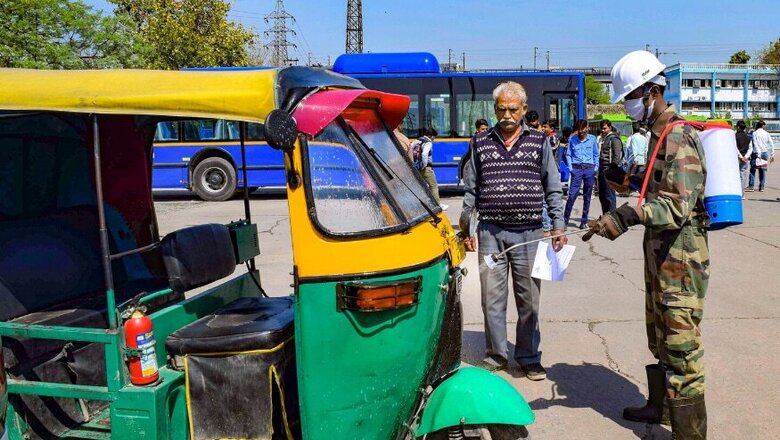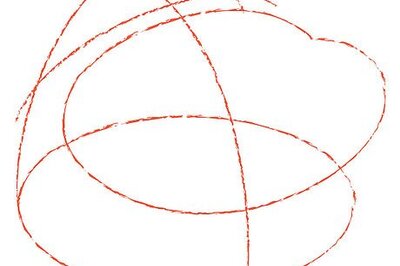
views
New Delhi: COVID-19 cases in India are on the rise and the way forward for the government is to gear up and face it, veteran virologist T Jacob John told News18.com. “The response to the coronavirus outbreak has to be seen as an epidemic since it is not merely a healthcare issue,” he said.
When asked if there could be an exponential rise in the cases, John emphasised they will rise and to deal with it, the government has to gear up. Widespread testing, more isolation facilities, training doctors, good epidemiological studies, developing and applying antibody testing to know the magnitude of spread and preparing communities -- these are some of the steps that should be adopted in the current scenario.
John is the former head of the Department of Clinical Virology at the Christian Medical College (CMC) in Vellore. He established India’s first diagnostic virology laboratory, according to the Indian National Science Academy website. In 1986, it was under his stewardship that samples of India’s first positive case of Human Immunodeficiency Viruses (HIV) were tested and detected at CMC Vellore.
John siad even though he is not a judge of the government's response in tackling the COVID-19 outbreak, the role of the central government leadership seems fragmented even when states are taking autonomous initiatives.
“Healthcare is a state subject and epidemic management is a union subject. This is not merely a healthcare problem it is an epidemic problem,” he said.
In order to contain the spread of the virus, the state governments across the country have adopted varied methods to including closure of schools, colleges, cinemas, malls and prohibited large gatherings. Meanwhile, Kerala took a more aggressive approach to detect the virus by scanning major railway stations and bus terminals.
Upon asking, if there was a lag in response to the outbreak between the reporting of the first batch of cases and the late ones detected from March onward, John added that the response in Kerala was without any delay and we knew that the importation of cases had begun, strategy planning in central government should have begun.
On the issue of India’s existing testing criterion which is only selecting those with travel history abroad, John said “In the absence of precedents and comparative data, those in leadership must use their knowledge and wisdom along with taking into consideration ground realities to take the call.”
Currently, India is making it a priority to only test those who have a history of travel to high-risk countries and those who have come in direct contact with affected individuals. This has meant that India has tested less than 10,000 people since January when the first batch of cases were reported from Kerala.
As authorities are trying different methods to contain the spread of the virus, John said that more studies are needed on the infectiousness and virulence of Coronavirus. “This virus started circulating among humans three months ago. With many more cycles of transmission, the virus adapts better. That usually means more transmissibility and lower virulence.” Scientists need to study this aspect, just like we cannot count on hotter climate to help, he added.

















Comments
0 comment